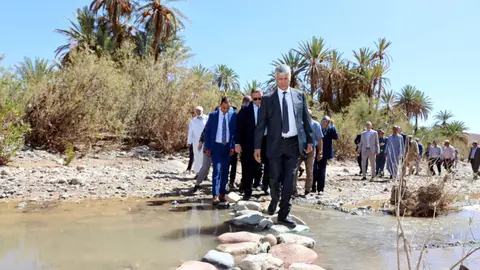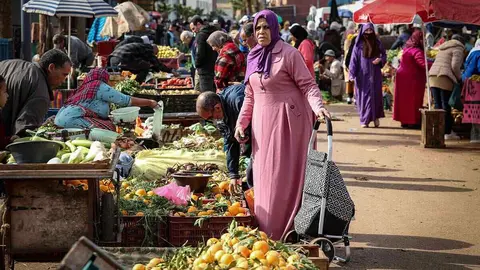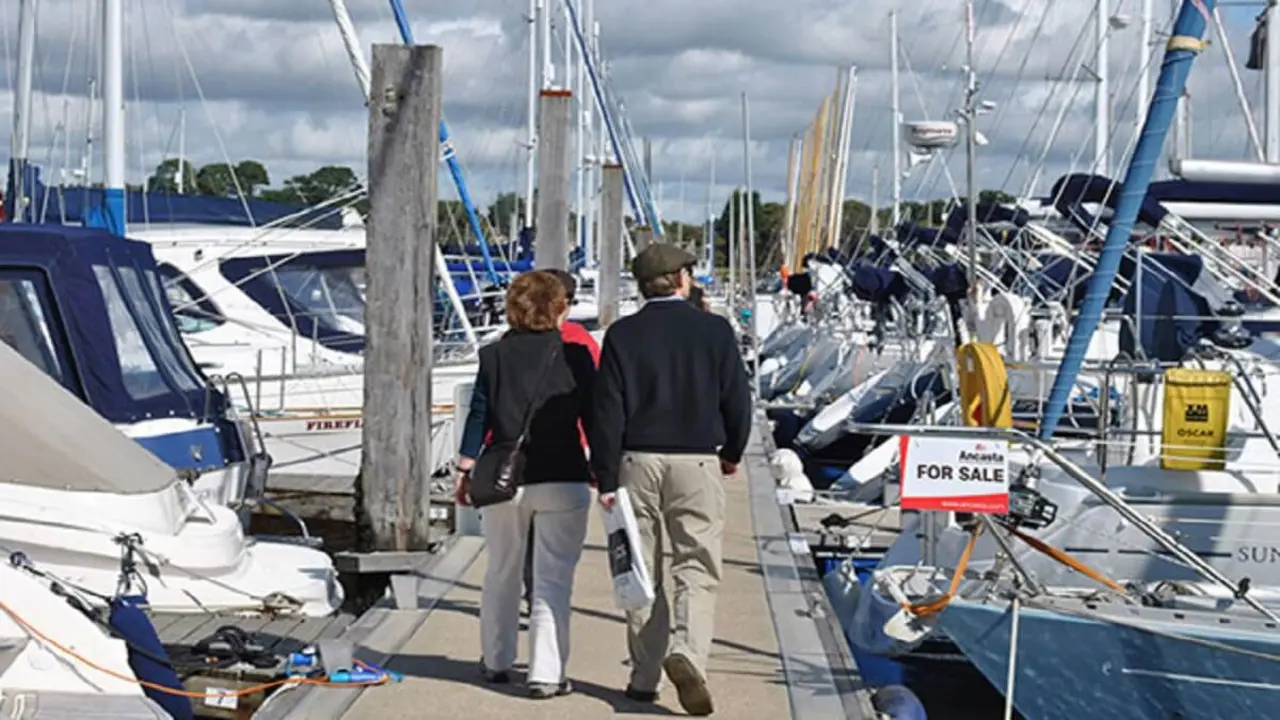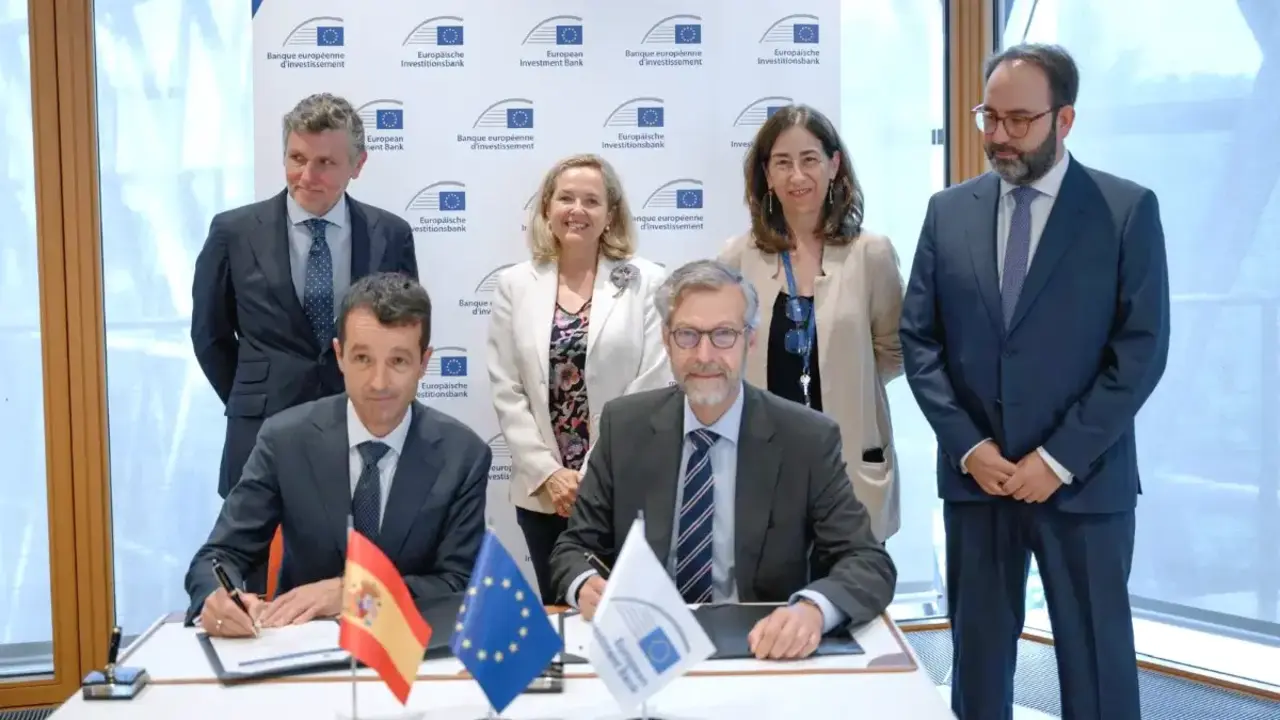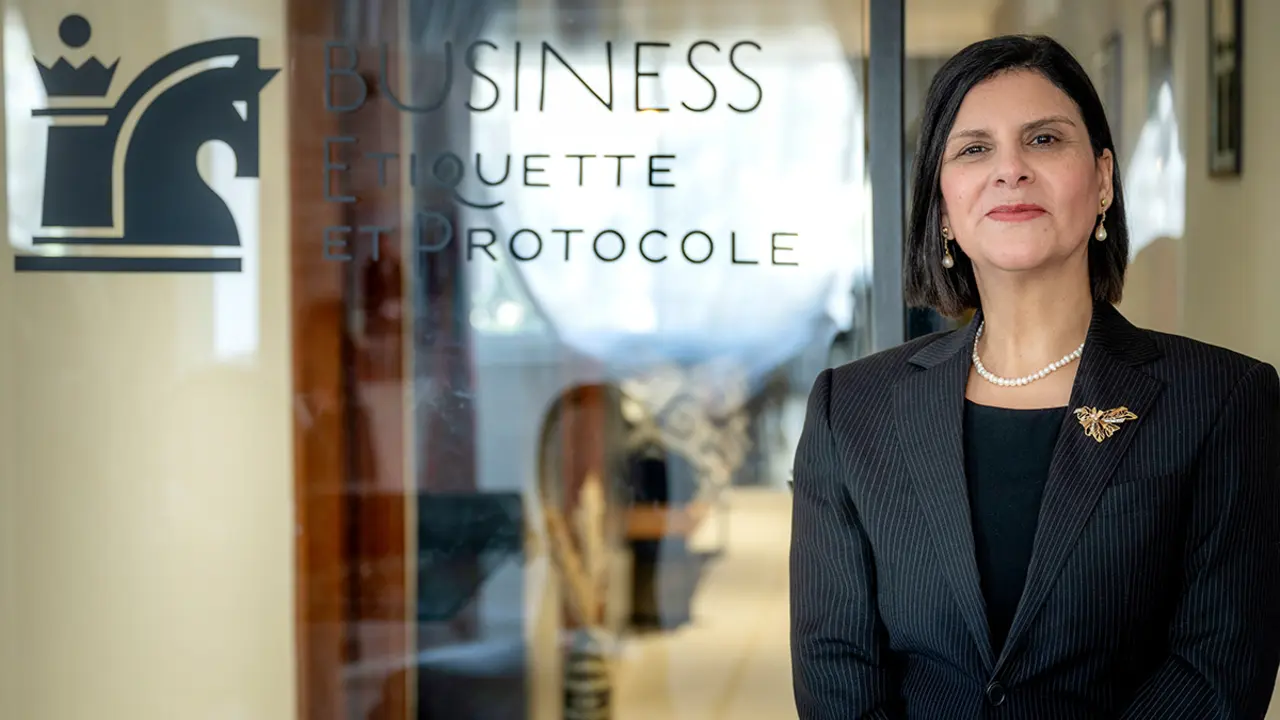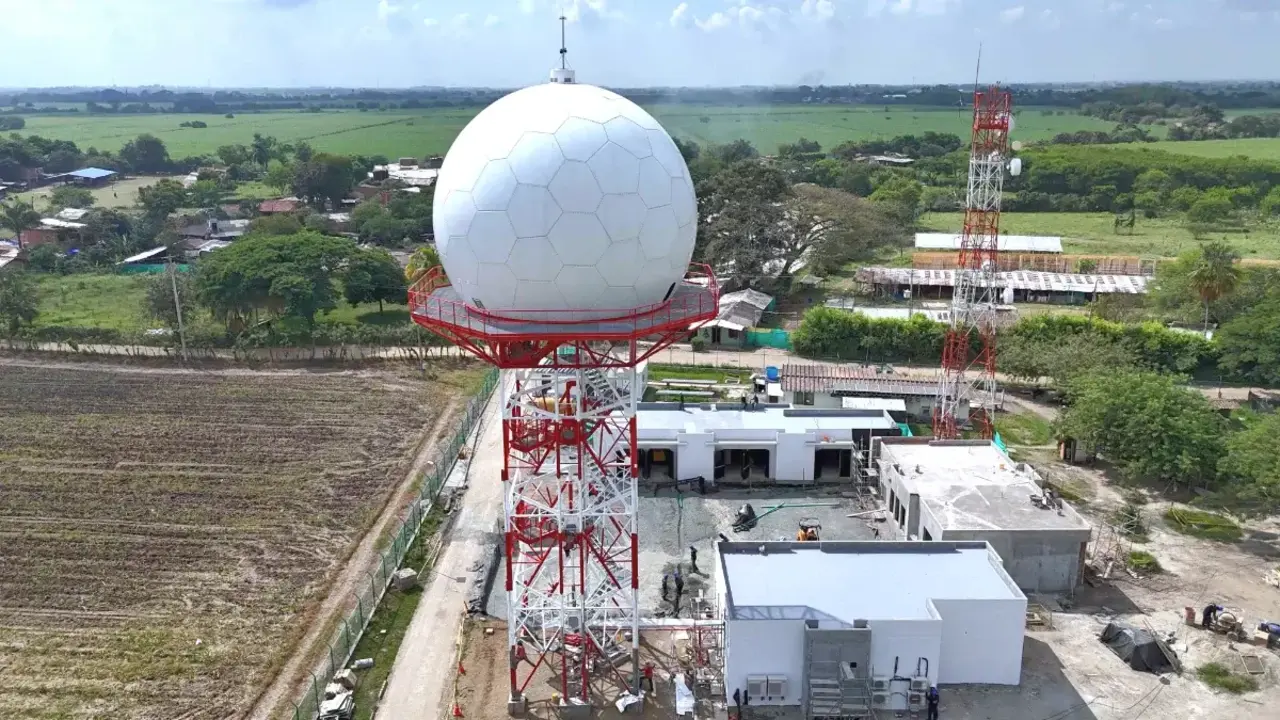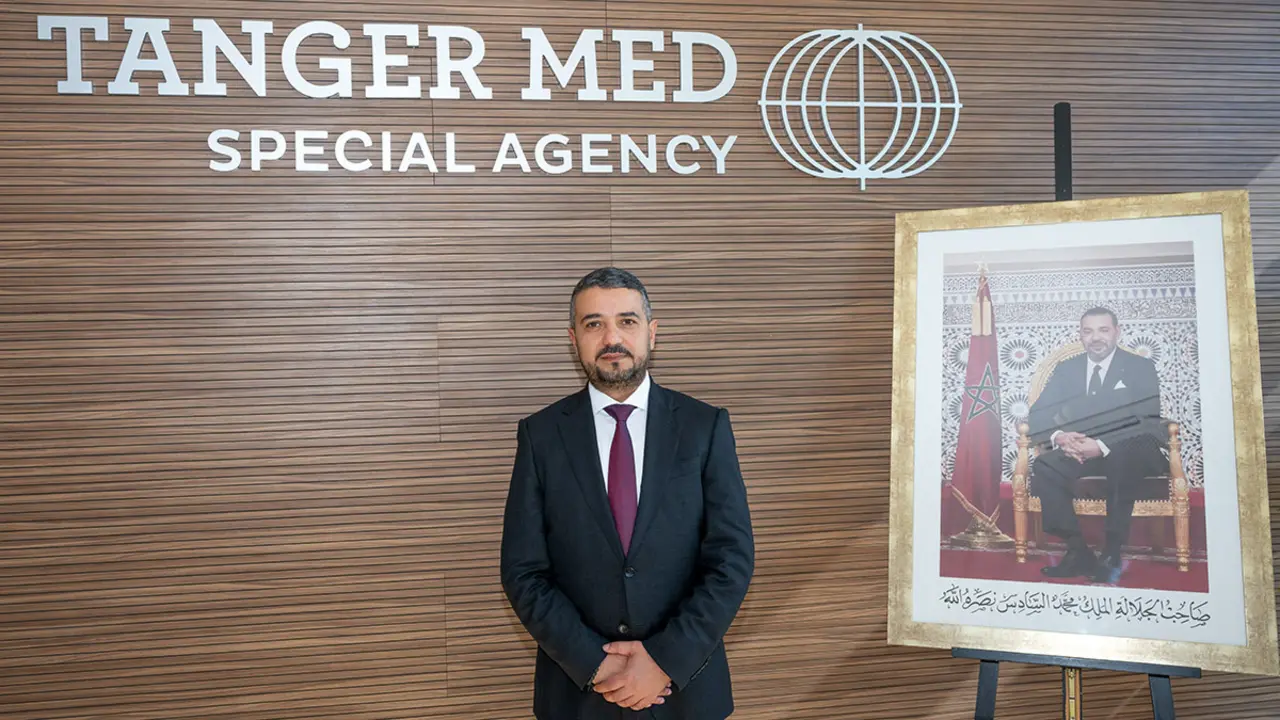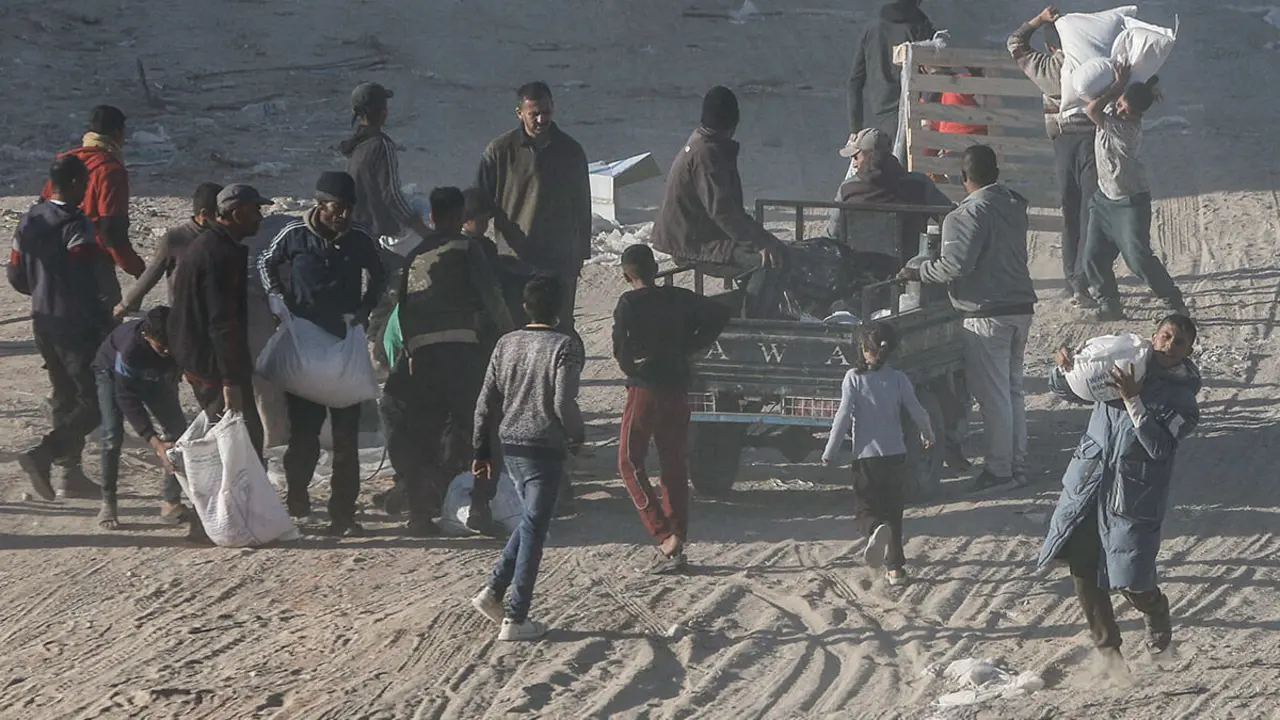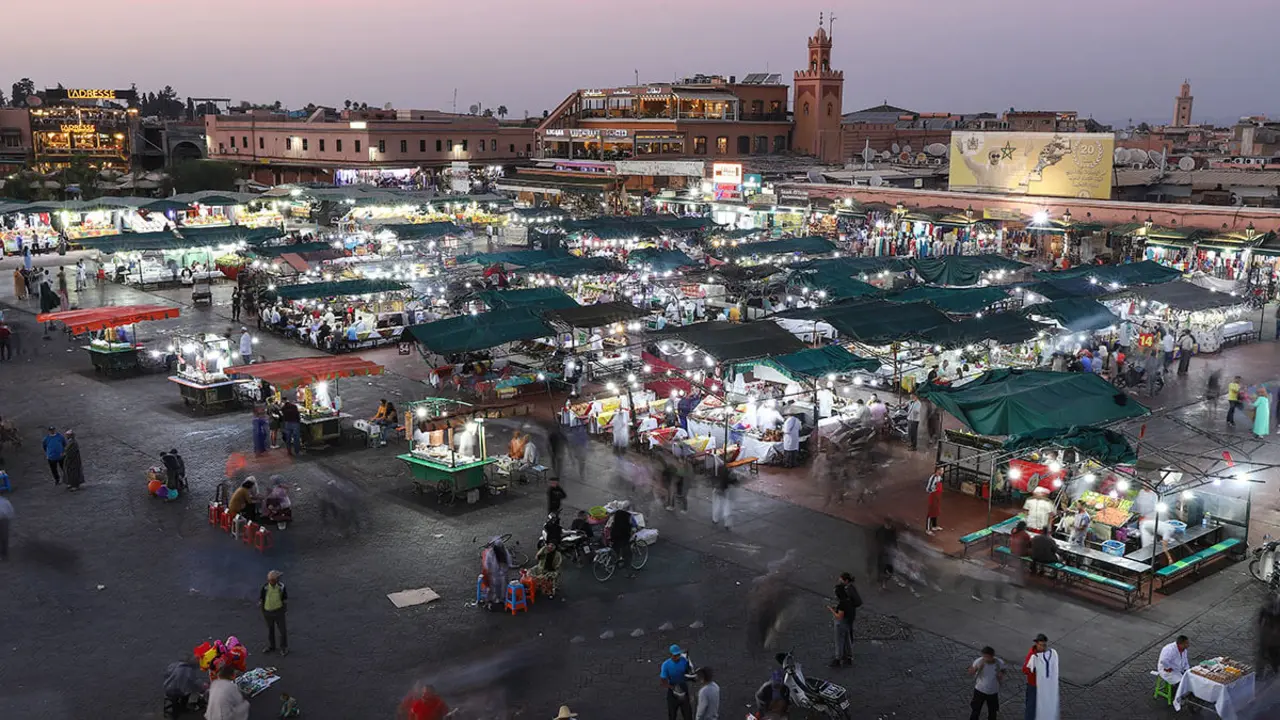OECD highlights Morocco's economic strength
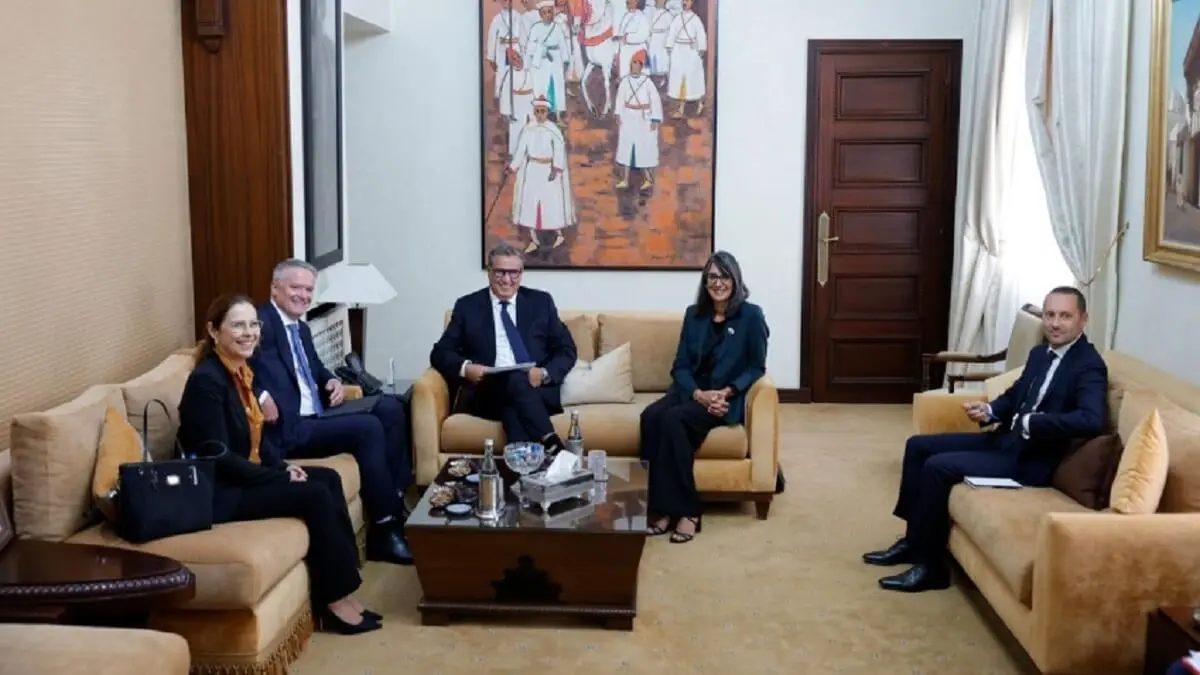
Morocco's economy is strong and resilient. This is the main finding of the first economic study conducted by the Organisation for Economic Co-operation and Development (OECD) on the Moroccan kingdom.
According to the OECD, Morocco continues to record a ‘solid’ economic recovery despite the national and international challenges it faces.
Although the international entity recommends carrying out new reforms and continuing with the old ones that are giving good results to Morocco, whose economy has been resisting these years of difficulties at the international level, with high global inflation, rising prices of raw materials and energy sources due to international conflicts such as the war in Ukraine or the general economic slowdown, and at the domestic level, with major water restrictions due to drought or losses with the terrible earthquake in Al Haouz a year ago.
Around the presentation of this economic study on the North African country, Aziz Akhannouch, head of the Moroccan government, Nadia Fettah, Moroccan Minister of Economy and Finance, and Mathias Cormann, Secretary General of the OECD, led a debate on the main conclusions of this financial analysis of the Moroccan situation, which marks the end of the second phase of the Morocco Country Programme, signed on 19 June 2019. The study was conducted by the OECD's Moroccan economic bureau, whose work began on 20 February 2023.
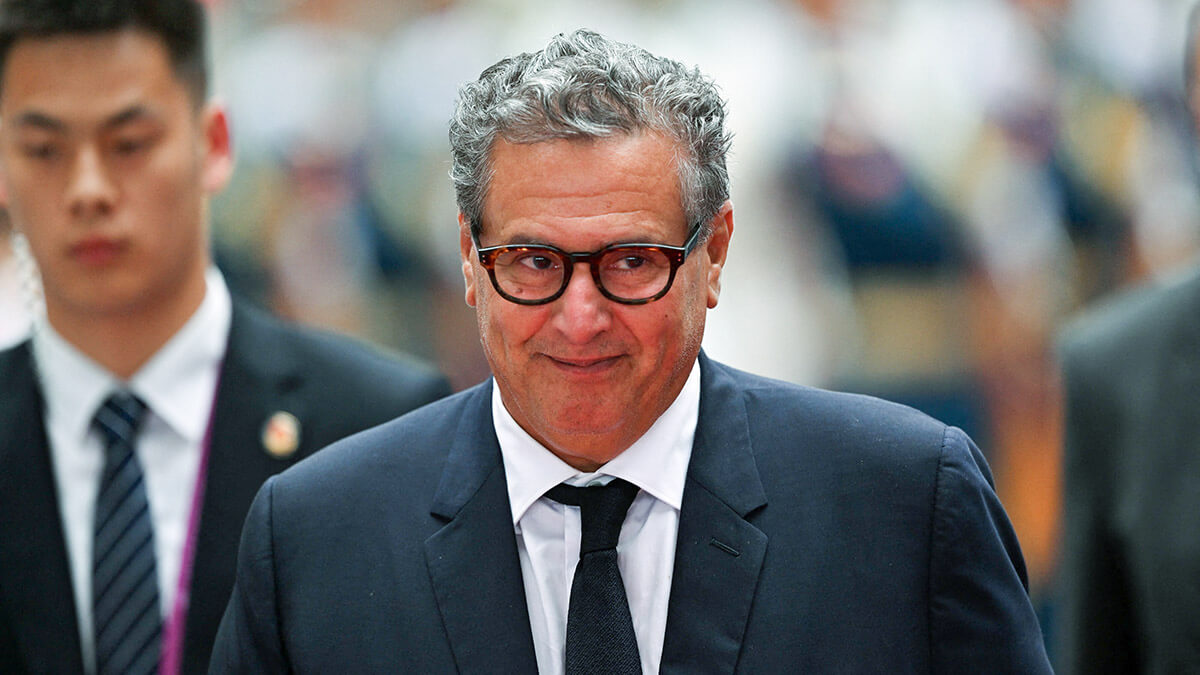
It should be noted that the OECD is an international cooperation body composed of 38 States whose aim is to coordinate their economic and social policies, through initiatives in which member countries exchange information and harmonise policies in order to maximise their economic growth and contribute to their development and that of non-member countries.
During his first official visit to Rabat, the OECD Secretary-General presented the main conclusions of the study, which analysed the Moroccan economic situation in the face of global and domestic challenges, while offering growth prospects and other strategic recommendations for further favourable financial developments.
This study provides Morocco with a strategic tool equivalent to that of the OECD member countries, since the Kingdom of Morocco is not a member of the organisation as a member state, although it is a country in good standing with the international organisation.
The occasion was also used to take stock of the cooperation between Morocco and the OECD, which marks the end of the second phase of the Morocco Country Programme, initialled in June 2019.
According to the information provided, Morocco has made significant progress both in terms of economic growth and progress in the social sphere, and also in the continuation of the various reforms undertaken years ago, following the implementation of numerous sectoral policies.
In this regard, Aziz Akhannouch said: ‘Despite a turbulent global context, Morocco has continued to work to lay the foundations for a major socio-economic transformation, driven by reforms in social protection, health and education’, as reported by La Vie Eco.
In his speech, Aziz Akhannouch praised the ongoing and fruitful cooperation between Morocco and the OECD.
In detail, the OECD study shows that Morocco continues to record a solid economic recovery after the COVID-19 pandemic crisis, despite the terrible earthquake of 8 September 2023 and the harsh episodes of drought it has suffered. According to the document presented, Moroccan stability has been maintained thanks to the important reforms carried out by Morocco, in particular to encourage investment and improve social protection, all under the instructions of King Mohammed VI and the work implemented by the government led by Aziz Akhannouch.
All this in a context in which the country faces several challenges, such as geographical constraints, rural development, water stress, sustainable transition and the impact of geopolitical conflicts.
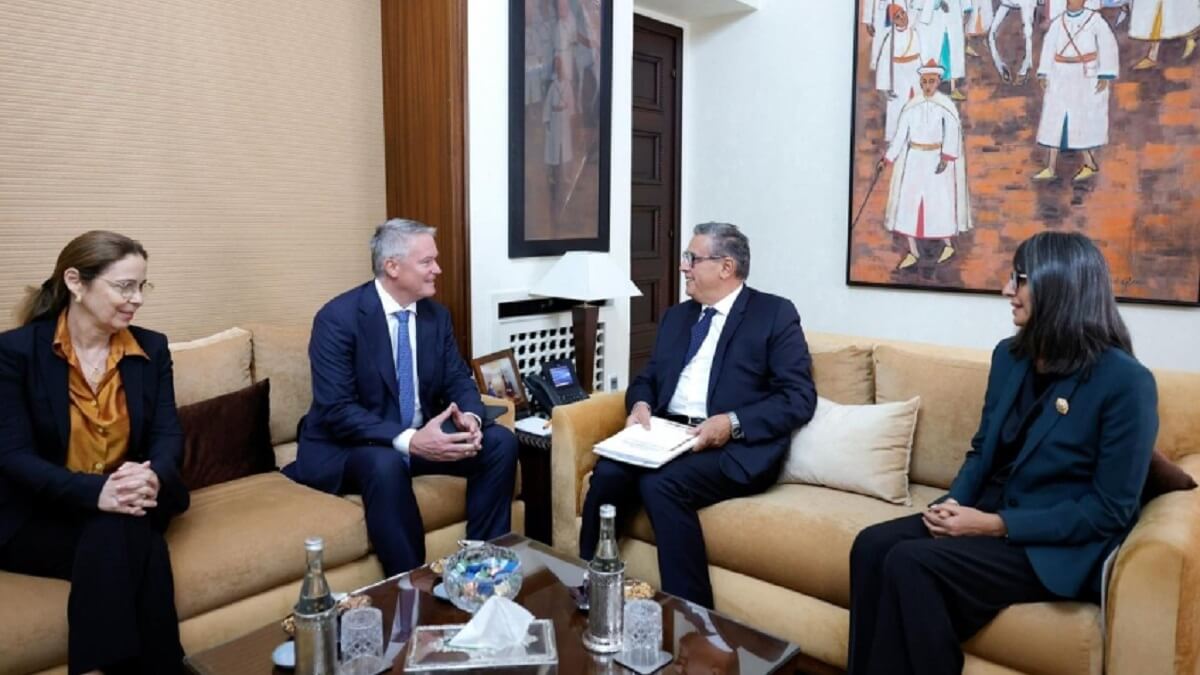
New phase and future challenges
In view of the good experience with this project, a memorandum of understanding was initialled, inaugurating a new phase in the partnership between Morocco and the OECD, characterised by a more flexible and innovative approach, aligned with the Kingdom's strategic priorities, as reported by the official Moroccan news agency MAP.
This new phase of partnership aims to consolidate previous achievements, while responding to current challenges, through more specific objectives adapted to Moroccan specificities.
Collaboration between Morocco and the OECD continues to adapt to the new times in order to continue supporting Morocco's economic development and reaffirming the Alawite Kingdom's international position, which has been very important in recent times, with partnerships at the highest level in various fields with major powers such as the United States, Germany, France, Israel and the United Arab Emirates.
In her speech, the Minister of Economy and Finance, Nadia Fettah, stressed the importance of this cooperation, which is a multidimensional relationship that began in 2005 and has been strengthened with the implementation of the Morocco Country Programme.
This cooperation, she said, has taken a new step forward with the integration of the economic dimension, notably through the creation of a Moroccan office at the OECD's Department of Economic Affairs and the elaboration of the first economic study on the Moroccan Kingdom by the international body.
This meeting marked the end of the 2nd Morocco-OECD Country Programme, which focused on strategic priorities such as public governance, economic growth, investment and territorial development.
It also paves the way for a new era of enhanced cooperation between Morocco and the OECD, focusing on more ambitious reforms in line with the Kingdom's current challenges, thus confirming Morocco's status as a key partner of the OECD in the MENA region (Middle East and North Africa), as reported by the MAP agency.
Looking to the future, the OECD offered recommendations to Morocco such as promoting more competition and encouraging private sector activity to improve productivity and generate more employment. On this point, the relevance of the New Investment Charter promoted by the King of Morocco, Mohammed VI, stands out, in which the Moroccan state has earmarked some 30 billion dollars for investment in order to support new initiatives for development in various sectors with the aim of attracting all types of investment, both national and foreign, through incentives such as significant tax reductions or ease of procedures for business activities in the national territory.
According to the OECD Secretary-General, Morocco continues to record a ‘solid’ economic recovery, despite the many challenges facing the country. Cormann, during the presentation of the findings of the study, noted that the growth of the national economy has recovered after the crisis of the coronavirus pandemic, despite the Al Haouz earthquake and episodes of drought.
Mathias Cormann also stressed that the ongoing education reform should substantially improve the training of young Moroccans, thereby improving their prospects in the labour market.
He also pointed out that climate transition and water scarcity are another challenge identified by this study, to which Morocco is responding with its ambitious commitment to reduce carbon emissions and promote renewable energies.

